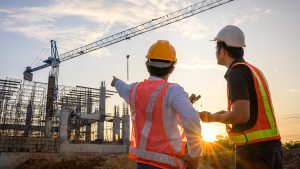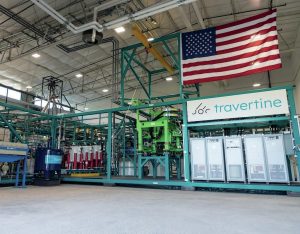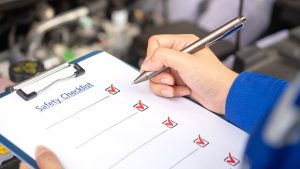
NextChem to conduct study on SAF plant
NextChem subsidiary MyRechemical has been awarded an engineering study contract by Altalto Ltd. for a sustainable aviation fuel (SAF) plant in Immingham, Lincolnshire, based on its proprietary NX CircularTM gasification and NX CPOTM technologies. Altalto is a company set up by Velocys to develop SAF projects in the UK. The plant is expected to be operational in 2030. Initial targets include the production of 23,000 t/a of SAF for the UK market. Feedstock will be sourced from residual municipal solid waste (MSW) and commercial and industrial waste. The project has been awarded a grant from the UK Department for Transport’s Advanced Fuels Fund to progress basic engineering design. MyRechemical will operate as a technology provider and as coordinator for other technological partners. It will also supply engineering services.





